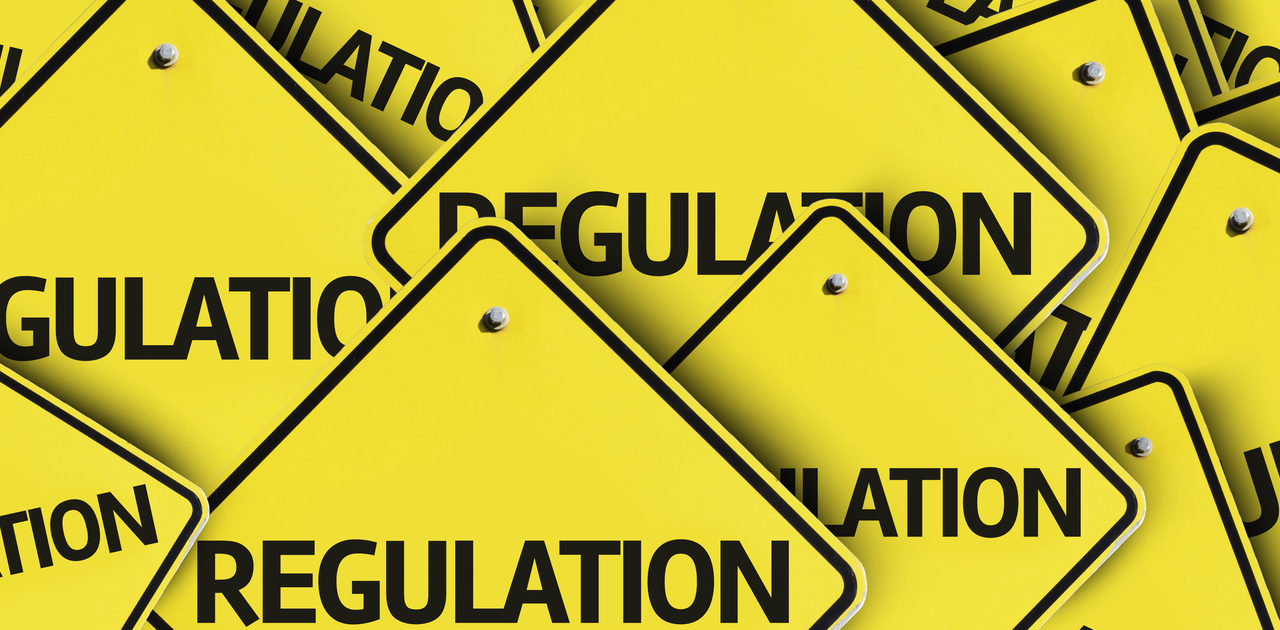
In the Regulatory Crosshairs: The Cost/Benefit of Regulation
Some of America’s biggest companies have found themselves in the government’s regulatory crosshairs, the outcome of which may have profound impact on consumers and investors alike.
To view the full article please register below:
In the Regulatory Crosshairs: The Cost/Benefit of Regulation
With growing calls for more regulation on big tech companies, it’s easy to get caught up in the hyperbole of talking heads and crusading politicians. No one today has any idea where this talk will lead, but it’s clear that some of America’s biggest companies have found themselves in the government’s regulatory crosshairs, the outcome of which may have profound impact on consumers and investors alike. Until words get converted into actions, it may be helpful for advisors to maintain some perspective about the possible outcomes.
The U.S. Regulatory Leviathan—A Broad Reach
Federal regulatory agencies protect four key public interests: 1) ensure healthy competition and innovation; 2) protect consumer interests; 3) guard against improper influence; and 4) maintain integrity and continuity of businesses and markets.
One way the federal government safeguards the consumer is through enforcing antitrust laws. These laws prohibit business practices that unreasonably deprive consumers of competition, which can result in higher prices for products or services. The laws also enforce a range of consumer protection, as well as environmental and worker safety laws and regulations.
Regulators have a number of approaches to ensure appropriate business behavior, including fines against the company and individual executives, consent decrees that mandate certain actions with regards to policies and procedures, and divestitures or break-ups in the case of potential antitrust cases.
Big Tech—Getting it from All Sides
Big tech is an umbrella term encompassing many large and disparate technology companies that occupy radically different spaces, including resellers or distributors, marketplaces, social networks and platform ecosystems.
The biggest concerns have revolved around privacy and the misuse of customer data, the stifling of competition and innovation, and platform fairness and integrity.
Each of these may have different solutions, from Congress passing new laws that protect consumer data and enhance disclosures around its use to the Justice Department breaking up companies it believes are inhibiting competition and innovation.
What History Teaches Us
Antitrust cases can take years—or even decades—to adjudicate. Microsoft, AT&T and the Standard Oil Company of New Jersey are great antitrust case examples. The Microsoft case was settled (the company is fine), and the other two cases led to break-ups, resulting in substantial shareholder value creation.
Regulation isn’t always bad for business. Consider all the safety and fuel requirements imposed on automakers. Yes, it was costly, but it didn’t take long to convert safety and fuel efficiency into a positive branding positioning.
One of the conundrums of greater regulation is that it can have the effect of concentrating power in the same companies these added regulations are aimed at—by raising the costs of entry.
Whatever the future holds for increased regulatory requirements and potential divestitures, the biggest risk may be investor overreaction.
See referenced disclosure (2), (3) and (4) at https://blog-dev.americanportfolios.com/disclosures/












